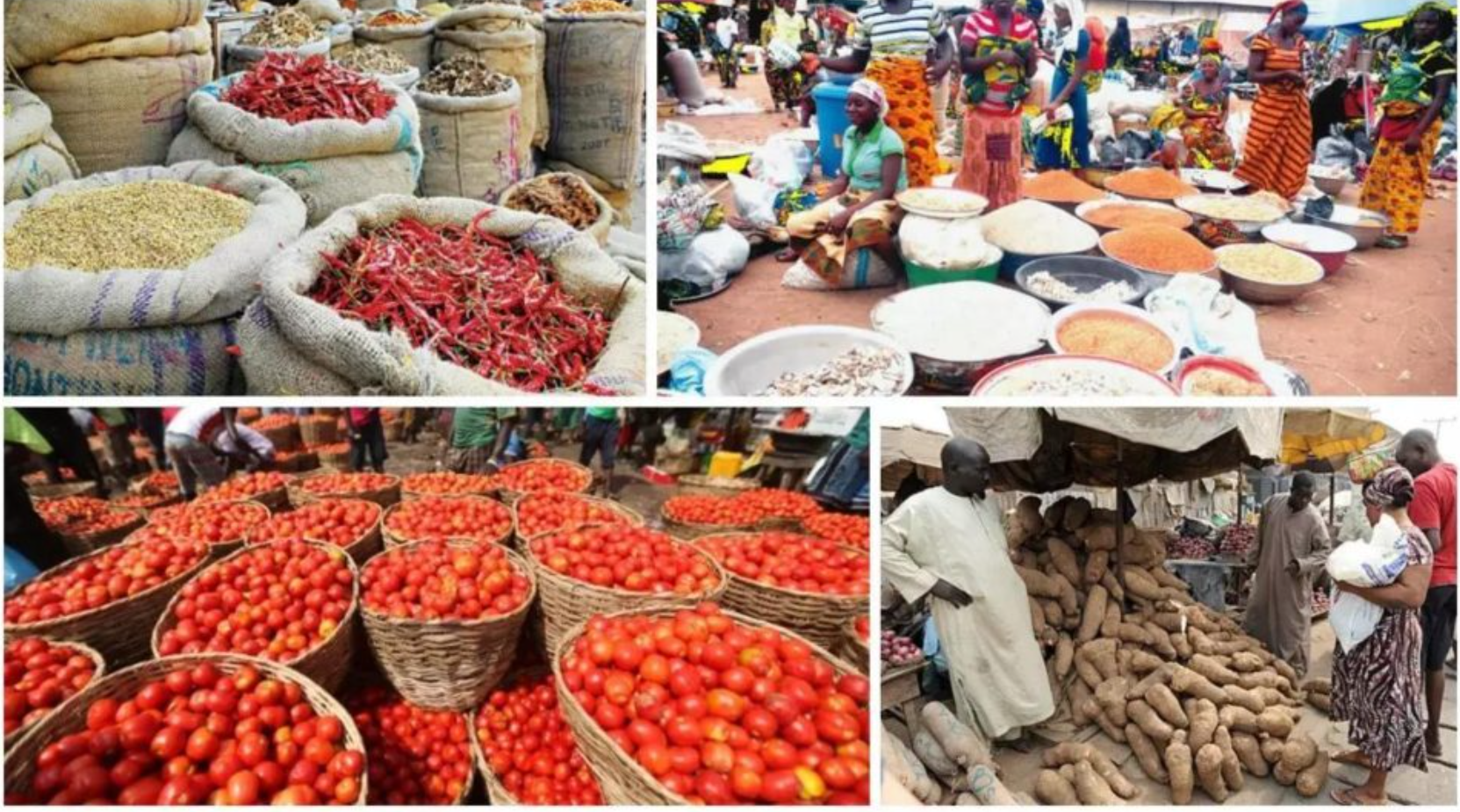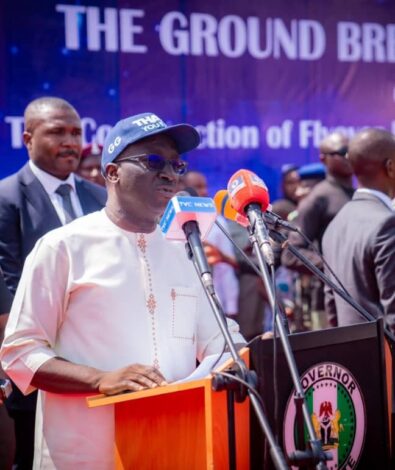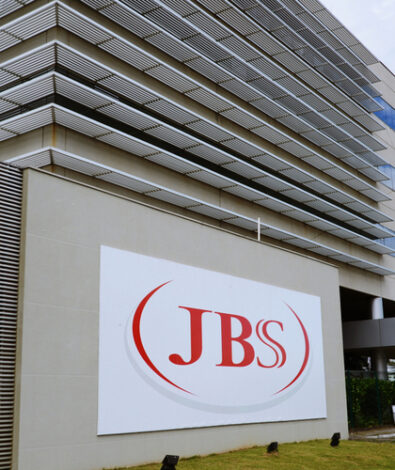Nigeria’s inflation rate rises to 33.88% in October 2024

Nigeria’s headline inflation rate rose to 33.88% in October 2024, up from 32.7% in September 2024 as Nigerians continue to grapple with the high cost of goods and services.
This is according to the National Bureau of Statistics (NBS) Consumer Price Index (CPI) report, which attributed the rise in inflation to increased transportation costs and higher food prices.
On a year-on-year basis, the rate was 6.55 percentage points higher than the 27.33% recorded in October 2023, highlighting a substantial increase in inflation over the past year.
On a month-on-month basis, the headline inflation rate in October 2024 stood at 2.64%, representing a 0.12% increase from the 2.52% recorded in September 2024
This indicates that the rate of increase in the average price level in October 2024 was higher than the rate of increase observed in September 2024.
Food Inflation
The food inflation rate in October 2024 was 39.16% year-on-year compared to September 2024, when the inflation was 37.77%.
- On a month-on-month basis, the food inflation rate rose to 2.94%, a 0.30% increase from the 2.64% recorded in September 2024.
- This increase was driven by rising prices of items such as local and foreign beer in the tobacco class, vegetable oil, groundnut oil, and palm oil in the oil and fats class, as well as beef, gizzard, dried beef in the meat class, and products like Lipton, Milo, and Bournvita.
- The average annual food inflation rate for the twelve months ending in October 2024 was 38.12%, representing an 11.79 percentage point increase from the 26.33% recorded in October 2023.
Core Inflation
Core inflation, which excludes the prices of volatile agricultural produce and energy, stood at 28.37% in October 2024 on a year-on-year basis, reflecting an increase of 5.79% compared to the 22.58% recorded in October 2023.
- The highest increases were observed in the prices of items such as bus journeys within the city, motorcycle journeys, and intercity bus journeys (under the Passenger Transport by Road category); rents (both actual and imputed rentals under the Housing category); meals at local restaurants (under the Accommodation Services category); and services such as haircuts, women’s hairbrushes, and women’s hairstyling (under Hairdressing Salons and Personal Grooming Establishments).
- On a month-on-month basis, the core inflation rate was 2.14% in October 2024, slightly higher by 0.04% than the 2.10% recorded in September 2024.
The average twelve-month annual inflation rate stood at 26.12% for the twelve months ending October 2024, representing an increase of 6.14 percentage points compared to the 19.98% recorded in October 2023.
Urban and Rural Inflation
On a year-on-year basis, the urban inflation rate in October 2024 was 36.38%, which was 7.09 percentage points higher than the 29.29% recorded in October 2023.
On a month-on-month basis, the urban inflation rate stood at 2.75% in October 2024, marking an increase of 0.08 percentage points compared to 2.67% in September 2024.
- The twelve-month average urban inflation rate was 34.52% in October 2024, which was 9.76 percentage points higher than the 24.76% reported in October 2023.
- The rural inflation rate in October 2024 was 31.59% on a year-on-year basis, reflecting an increase of 6.01 percentage points compared to 25.58% in October 2023.
- On a month-on-month basis, rural inflation was 2.53% in October 2024, up by 0.14 percentage points from 2.39% in September 2024. The twelve-month average rural inflation rate was 30.24% in October 2024, which was 8.01 percentage points higher than the 22.23% recorded in October 2023.
What you should know
- Nairametrics previously reported that the inflation rate for October is expected to rise, based on insights from a pool of economists surveyed by the platform.
- This pessimistic outlook is attributed to several factors, including escalating food inflation, rising energy costs, persistent foreign exchange volatility, and increased money supply.
- The projection comes a week before the upcoming Monetary Policy Committee meeting this month, indicating a potential further increase in the Monetary Policy Rate (MPR) by the Central Bank of Nigeria.



